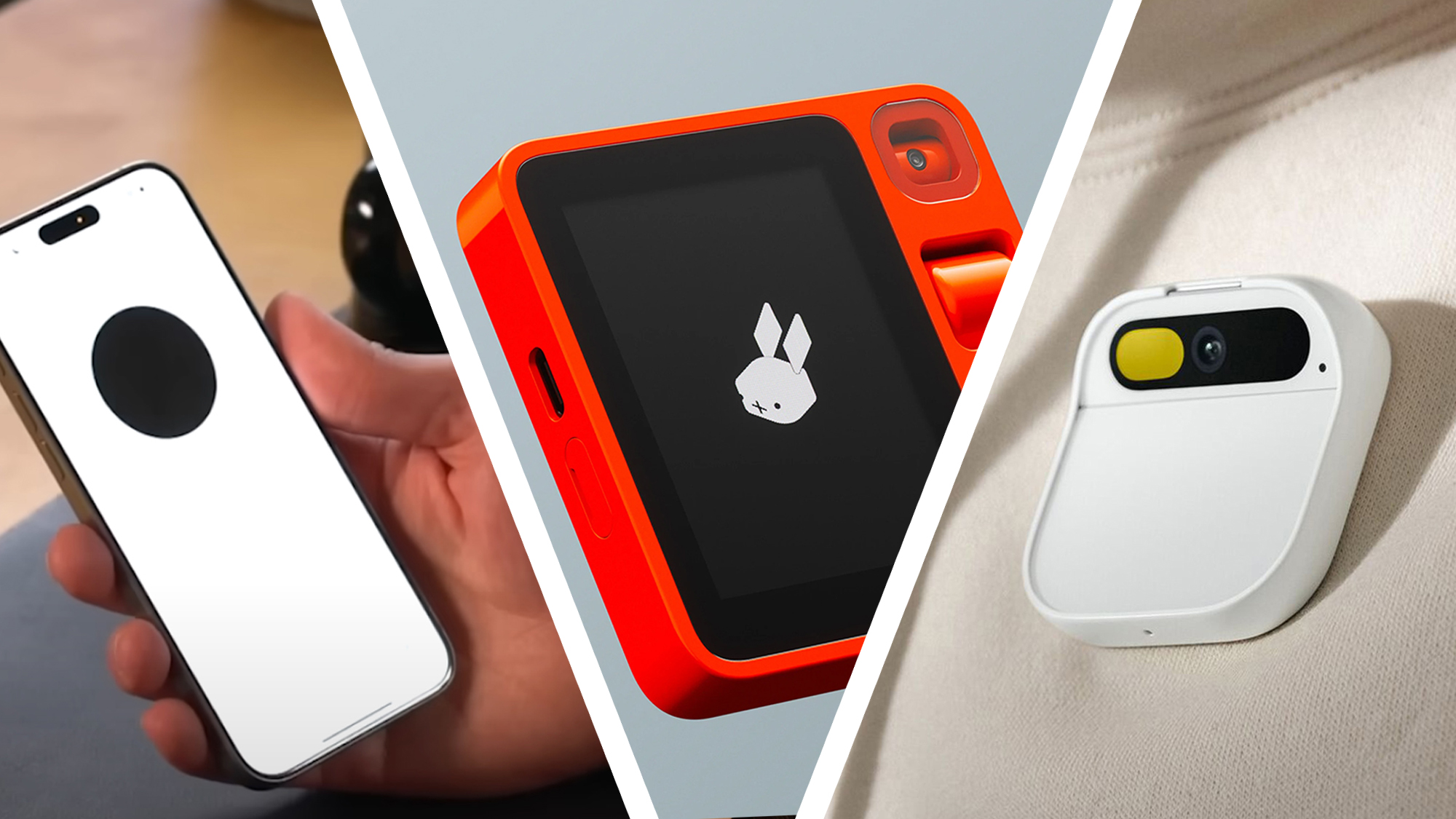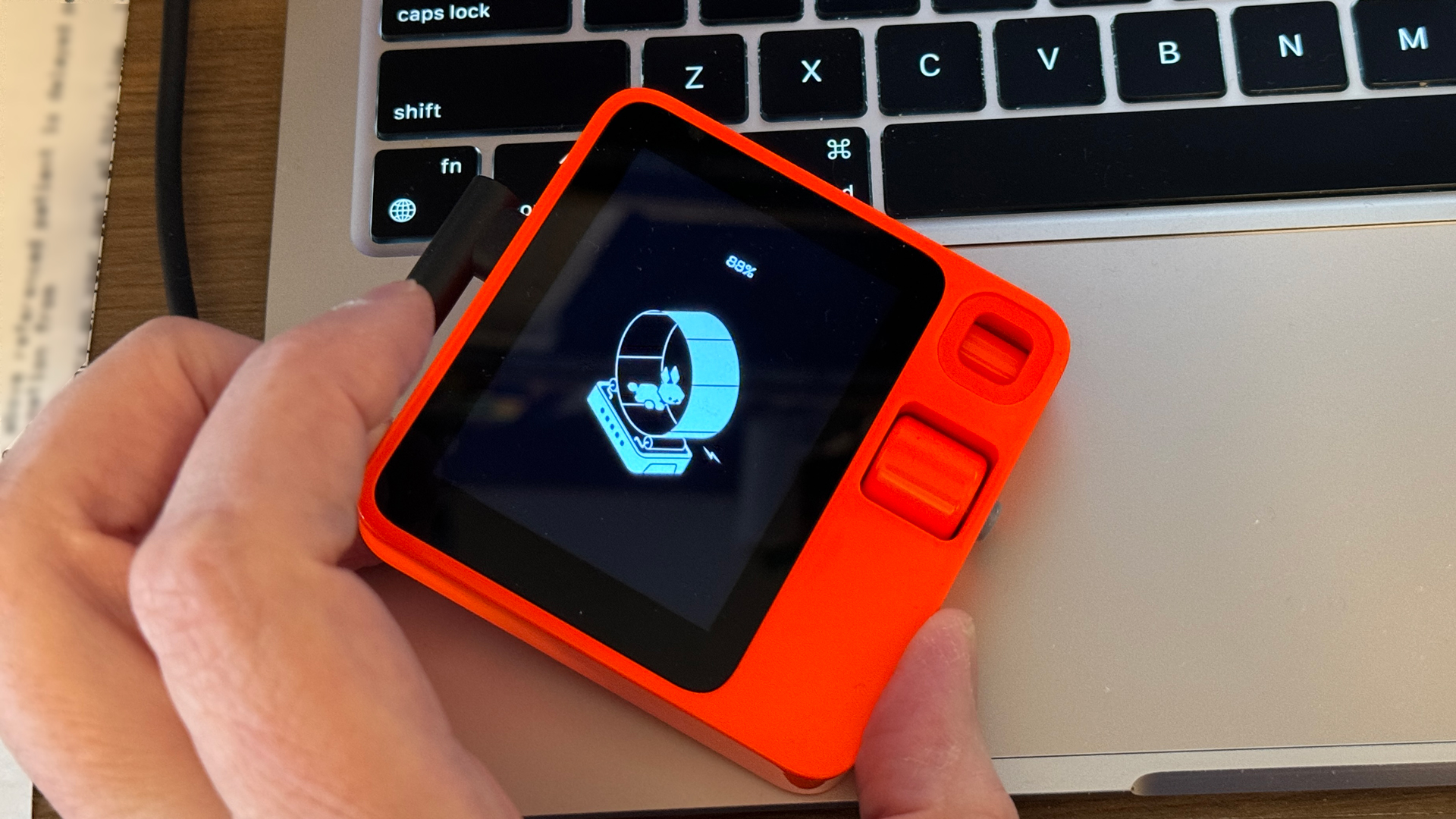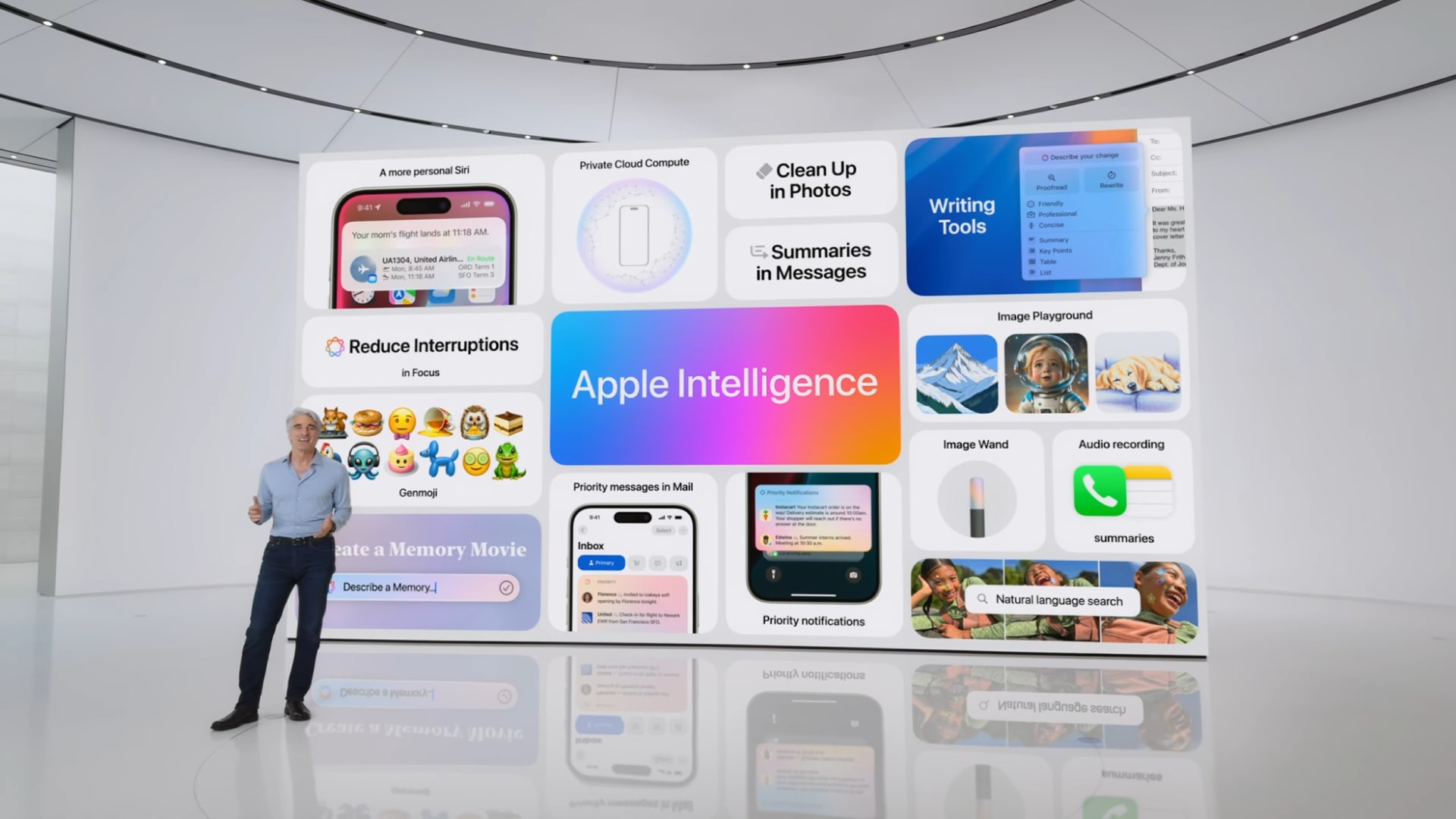The year so far in AI: the biggest stories from ChatGPT to Gemini and what’s coming next
2024's AI product explosion; good, bad, and hallucinatory

The generative AI explosion of the last couple of years hasn't slowed in 2024. There's been a slew of new products employing large language models and an almost daily blast of some new feature or tool for the existing services.
ChatGPT is more powerful and has a new voice mode en route, Google Gemini is appearing everywhere from Gmail to Google Drive, and even Apple finally jumped into the AI (or Apple Intelligence) arena.
Then there are the startups from Suno to Rabbit who are finding innovative ways to play with AI models, both their own and those built by the market's mainstays, with plenty more anticipated for the rest of the year.
As we're exactly halfway through 2024, we've selected some of the most impressive, notable, and possibly infamous AI releases of the year that you can play around with today. Below that, we've also picked out a couple more AI innovations that aren't out yet but should be available before the end of the year...
AI in 2024: what launches have mattered the most so far this year?

ChatGPT
ChatGPT has been the default term for the wave of generative AI products using large language models. However, OpenAI hasn't relied on that to stay ahead of the competition and has been regularly augmenting the AI chatbot and its linked services this year.
In 2024, ChatGPT gained a Memory feature that lets it adjust its behavior based on previous interactions, plus a Read Aloud feature for turning those answers into an audio performance in 37 languages and five voices. Customization is also central to the GPT Store, launched in January, where users can build and play with customized versions of ChatGPT focused on specific tasks.
In less good news, OpenAI got into a public spat with Scarlett Johansson over the similarity of its 'Sky' voice to the actress's in the movie Her, and it's since had to delay its planned voice mode upgrade to sometime in "the fall". ChatGPT also experience a couple of major outages in June.
Get daily insight, inspiration and deals in your inbox
Sign up for breaking news, reviews, opinion, top tech deals, and more.
Google Gemini
At the beginning of the year, Google Gemini only referred to the family of models built by Google. It wasn't until February that Google threw out the Bard branding it had used and made all of its generative AI projects fall under the Gemini umbrella.
Some of those new and improved features appear to be about catching up to ChatGPT, with image generation tools (briefly taken down after some bizarre hallucination issues) and the Gems store that offers custom chatbots a la the GPT Store.
Otherwise, you're likely seeing Gemini in all the other Google products you use in recent months – helping write emails, annotate photos, and taking over as the assistant on Android phones.
Rabbit R1
The Rabbit R1 took CES 2024 by storm in January when the pocket-sized, $200 generative AI device debuted, and the company drew plaudits showing off what it could do with a miniature touchscreen, 360-degree camera, and assistant powered by Perplexity AI's large language models for real-time answers. No monthly subscription fee made it seem more accessible, and sales were overwhelming.
However, the reality of the Rabbit R1, including inconsistent battery life, sometimes sluggish performance, and a still limited feature set and other flaws, might make it more of a cautionary tale for future hardware, though still important and possibly worth buying for the right user.
Humane AI Pin
Like the Rabbit R1, the Humane AI Pin is a wearable device that garnered plenty of attention at CES 2024. The always-on, generative AI-powered assistant clips to your clothing and promises to provide real-time information through voice commands and record and analyze your interactions and meetings all day.
As seems obvious, there were a lot of immediate privacy concerns given its constant listening capabilities, not to mention reliability issues with voice recognition in noisy environments. Despite these drawbacks, it has also sold rapidly, but Humane is now reportedly looking for a buyer.
Suno
One of the biggest AI stories of the year could ultimately become AI music generators like Suno and Udio. Not just because both have an impressive ability to rustle up a passable tune – complete with lyrics, vocals and instrumentation – from a simple text prompt, but because the Recording Industry Association of America (RIAA) industry is now suing both for copyright infringement.
This lawsuit could have major ramifications for both AI music generators, and generative AI as a whole. A storm has been brewing between copyright holders and startups who train new AI tools on vast amounts of data – and it'll be fascinating to see where this legal battle goes. It may speed up the creation of a regulatory framework and accompanying laws to back it up, but until then Suno and Udio can carry on making AI-generated tunes – for now.
AI in 2024: what launches are we expecting during the rest of the year?

Apple Intelligence
Apple Intelligence is definitely the most hotly anticipated set of AI features for the rest of the year. Apple’s WWDC 2024 event revealed that this 'personal intelligence' system is coming to iOS 18, iPadOS 18, and macOS Sequoia. Combining Apple’s own models with ChatGPT and other AI platforms at times (with your approval) Apple Intelligence will act to supercharge Siri as an assistant, with better guidance and understanding of context.
That is paired with on-screen awareness, letting it perform actions related to information on the screen, such as adding an address from Messages to a contact card and hundreds of other actions. The same AI will help you write emails and messages, summarize audio files, and create and edit images with the Image Playground feature. You’ll even be able to make your original emojis with the Genmoji feature.
To use it when it launches later in 2024 in the United States, you'll need an M-Series iPad or Mac, or an iPhone 15 Pro or 15 Pro Max or newer, which means you might need to upgrade.
Amazon Alexa
Amazon has been plenty busy on the enterprise side of generative AI, but Alexa, long the byword for voice AI assistants, has only had bits and pieces of the kind of AI upgrades associated with ChatGPT and others. That may change this year, but it might cost you extra.
There’s a rumor that something called 'Remarkable Alexa' will arrive this year. It could incorporate generative AI features, handle multiple tasks from a single command, and even place food delivery orders.
The outlook
Generative AI is still very much a developing space, especially when it comes to consumer-focused products. There might be a more mature commercial ecosystem next year, but for now, the race is all about new features for the bigger names while others explore new ways to use the available models. So that means software subscriptions and questionable hardware – at least for now.
You Might Also Like

Eric Hal Schwartz is a freelance writer for TechRadar with more than 15 years of experience covering the intersection of the world and technology. For the last five years, he served as head writer for Voicebot.ai and was on the leading edge of reporting on generative AI and large language models. He's since become an expert on the products of generative AI models, such as OpenAI’s ChatGPT, Anthropic’s Claude, Google Gemini, and every other synthetic media tool. His experience runs the gamut of media, including print, digital, broadcast, and live events. Now, he's continuing to tell the stories people want and need to hear about the rapidly evolving AI space and its impact on their lives. Eric is based in New York City.
- Mark WilsonSenior news editor